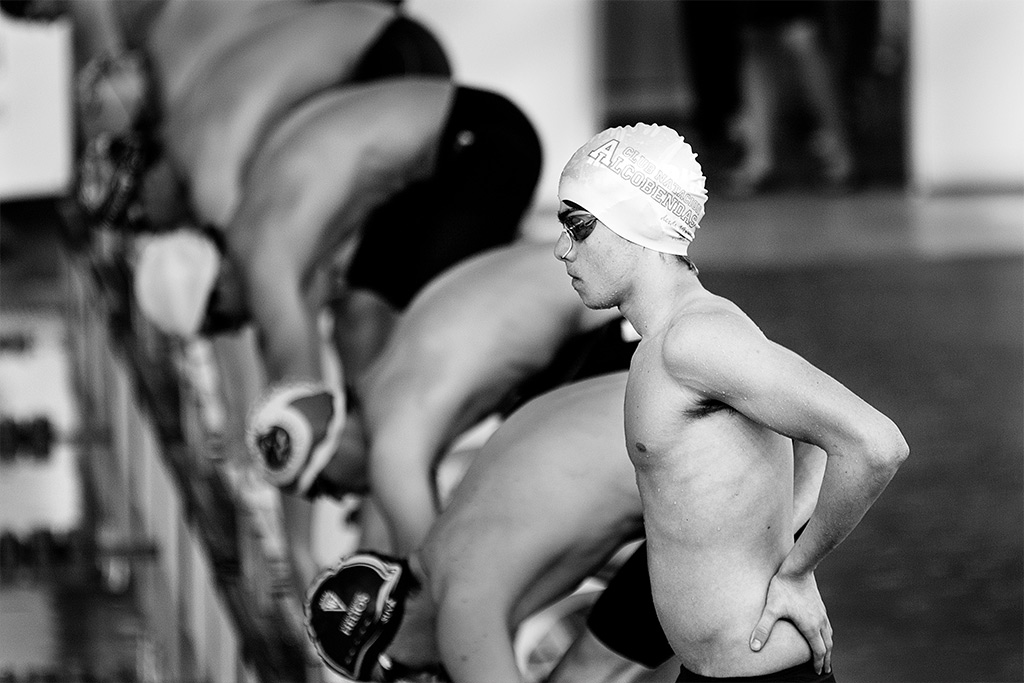Part of having a growth mindset is the perception that you are constantly on a learning curve. Whether in your personal life or work life, once you stop learning you stop evolving as a human being. Waking up each morning and giving yourself a moment to be grateful for something as well as being mindful of this fresh day to learn something new is a great way to keep this perspective in place and ensure you are maintaining a growth mindset. Treating everyday as a new opportunity to learn and grow, enables you to bounce back from set-backs and keep moving forward in a positive way.
In her Ted talk, Professor of Standford Carole Dweck (a very wise thought-leader in the study of motivation and growth mindsets), talked about the power of “not yet”. Dividing people in two groups, there are those who embrace a growth mindset. When they face difficulties and fail, they process the experience deeply, figuring out what the learnings are and how they can improve for next time. Ultimately, they understand the power of “not yet”, they are on a learning curve and will aim to do better next time with what they have learned this time. The other group tend to wallow in the “catastrophic now” when faced with failure. Instead of processing the learnings, they feel that their intelligence has been assaulted and their brain looks for ways to avoid the pain of failure. They don’t process the experience in a meaningful and positive way and they therefore don’t learn from their mistakes nearly as effectively as those with a growth mindset.
Dweck poses the question are we preparing our children in a way that promotes a growth mindset. By having them more focused on what they are going to score in their next test, their next exams, are we allowing them to dream big and see life as a learning curve, to think about what they want to be and how they might want to contribute to society? If we allow them to become too focused on getting As and achieving awards, we are ingraining this into their minds and creating a generation of young workers who can’t get through the working week without an award. Dweck continues to offer a solution to listeners, not just for children but applicable for leaders or anyone in a management position, by following these steps;
- Change your focus for praise
Switch your focus of praise from results, to the process and effort. When we praise people for their hard work, progress, for their effort in projects, it motivates and builds confidence and resilience. On the other hand, rewarding people for their talents and the final results (in isolation) causes vulnerability and a tendency to simply focus on the next big win. By recognising effort, perseverance and progress people become much more motivated and actually perform better in the long run as they are learning that effort and hard work pays off much more. Professor Dweck actually found through studies of thousands of kids, that those rewarded for the process used in exams, where their effort was recognised, not just the final answers, were much more likely to try harder next time, with elevated engagement and motivation, resulting in higher scores that their more ‘talented’ peers who relied on their intelligence rather than hard work.
- Create work cultures that recognise the power of yet
Work environments that have a stong focus on growth and learning allow people to transform their belief in themselves. By facing problems with an attitude of ‘not yet’ when they fail, they are much more motivated to recognise and process the learnings and engage even deeper the next time around to do better. Basic human abilities can be grown, and it’s essential leaders appreciate this fact so they can create environments that encourage this growth and allow the workers there to experience the power of not yet and evolve and progress. By gifting people with the power of believing they can improve, they have best chance of actually improving.
- “Let’s not waste any more lives.”
Dweck shares a story of a letter she received from a 13-year-old boy, in which he wrote that he followed her advice and saw great improvements in school, in friendships and in family relationships. He signs off the letter, “I now realise I’ve wasted most of my life.”
Focusing on results over potential does in fact lead to wasted lives — people believing they are not good enough or smart enough, and therefore giving up. Let’s not forget that those people with a tendency to have a “fixed mindset” can, in fact, change. By creating environments where they are continuously encouraged to focus on “yet,” we can not only foster confidence and deeper engagement in the process, but also truly help people become smarter and better at what they do and how they do it.
Could your leadership team benefit from one of my tailored workshops? Please get in touch today. I’d love to help!
